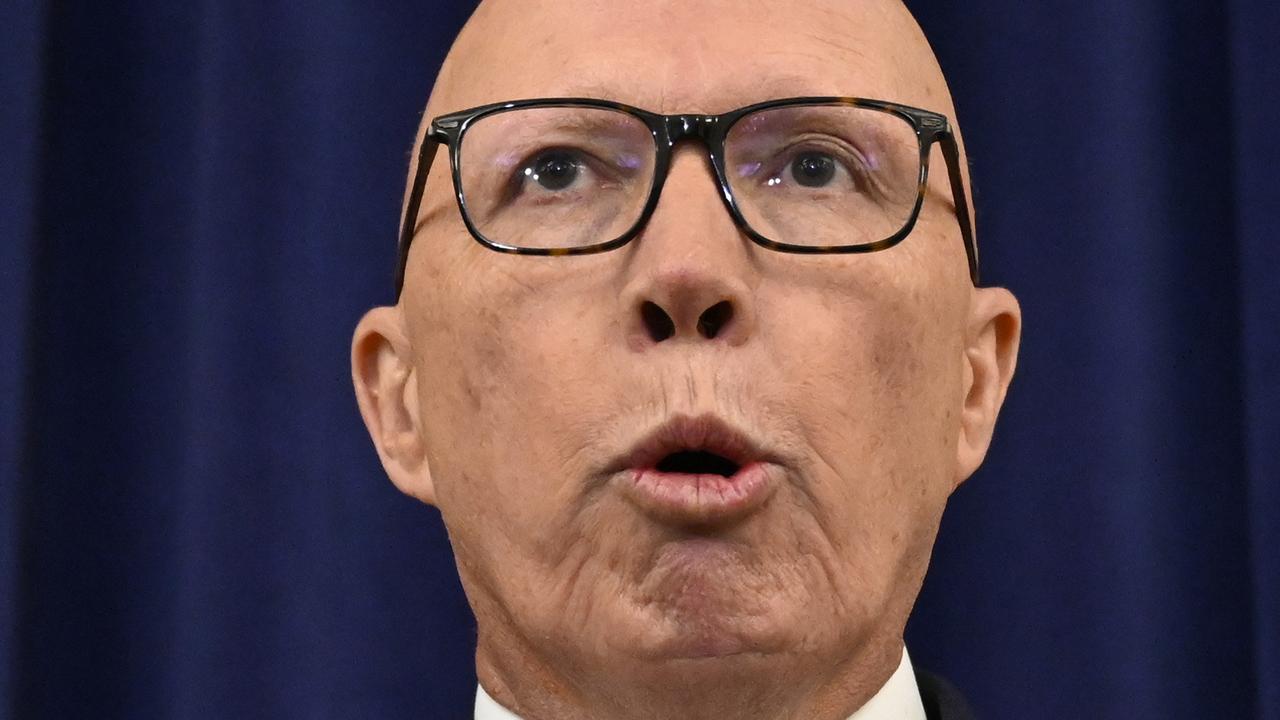Australia’s reliance on China will be tested in the next six months
The next six months will test the risky decision that Australia made to rely on this one thing to boost its economy.
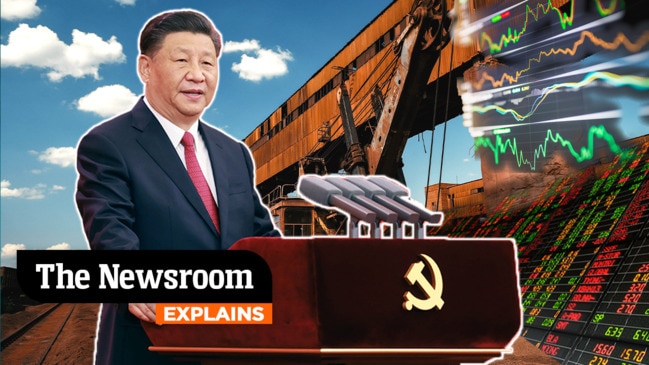
It was once said the fortunes of the Australian economy rode on the back of a flock of sheep, so great was Australia’s reliance on exports of wool. But in the 21st century, the Australian economy’s fortunes now ride on the back of a 200,000 ton bulk carrier filled to the brim with the nation’s bounty of coal, iron ore and other minerals.
In early 2020, as the pandemic sent Chinese cities into the world’s first Covid lockdowns, Australia’s strategy of reliance on China appeared to be on increasingly shaky ground.
However, like so many other times in recent history the Lucky Country’s good fortune once again came to our aid. As the Chinese government spent big on stimulus, Beijing once again came to Australia’s rescue, with the Middle Kingdom at one point accounting for almost half of all Aussie exports.
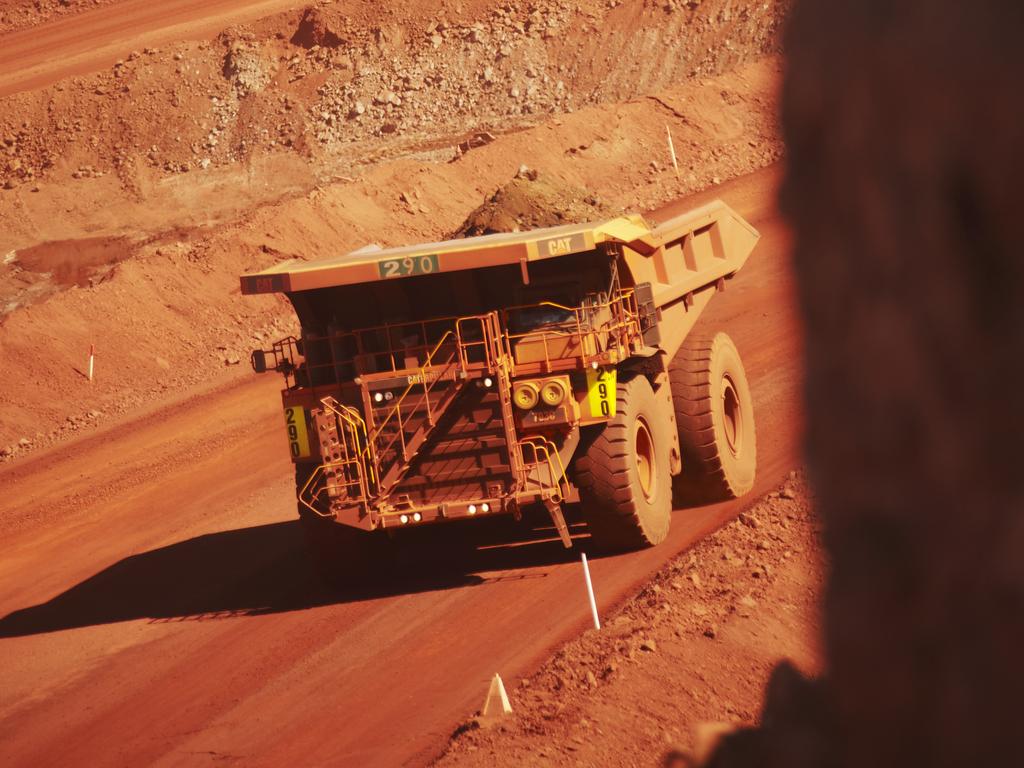
But now as the woes of the Chinese property sector continue amid a crackdown on systemic risk which comes straight from the top, Australia’s strategy of betting everything but the kitchen sink on continued Chinese demand for commodity imports is looking increasingly risky.
Chinese Communist Party’s (CCP) property crackdown
Since taking the office of President, Xi Jinping has consistently pressed for systemic risk within the Chinese economy and financial markets to be addressed.
With homes in some Chinese cities selling for as much as 43 times household incomes and the threshold of solid affordability at around five times, depending on whom you ask, it’s clear that reining in risks is necessary.
As you might expect in dealing with an industry that accounts for almost 30 per cent of Chinese GDP, these efforts have had some rather serious consequences of both the intended and unintended variety.
1/ #China's heavily indebted property is estimated at $62 trillion and accounts for ~29% of China's GDP. This is similar to Spain before the global financial crisis. (The property market in the US is ~6.2% of GDP). This represents 62% of Chinese household wealth. pic.twitter.com/jDR9ibHKSz
— Michael Nicoletos (@mnicoletos) October 12, 2021
In recent months Chinese housing prices have begun falling, undermining confidence in the market. At the same time, more financially vulnerable developers have struggled to access credit, with even some companies who were believed to be standouts in the industry being hit hard by the deteriorating environment within the property sector.
As you might imagine, not everyone is happy about the push to reduce systemic risk in a global environment that Mr Xi believes is highly vulnerable to another financial crisis.
Some local governments have pushed back as their revenue dwindled as a result of the crackdown, implementing policies to attempt to kickstart the property sector.
Evergrande and the risks
In the latter half of last year, the impact of CCP’s crackdown on the property sector became increasingly clear, as the woes of mega developer Evergrande made headlines around the world and concern built at the highest levels of government over the potential impact.
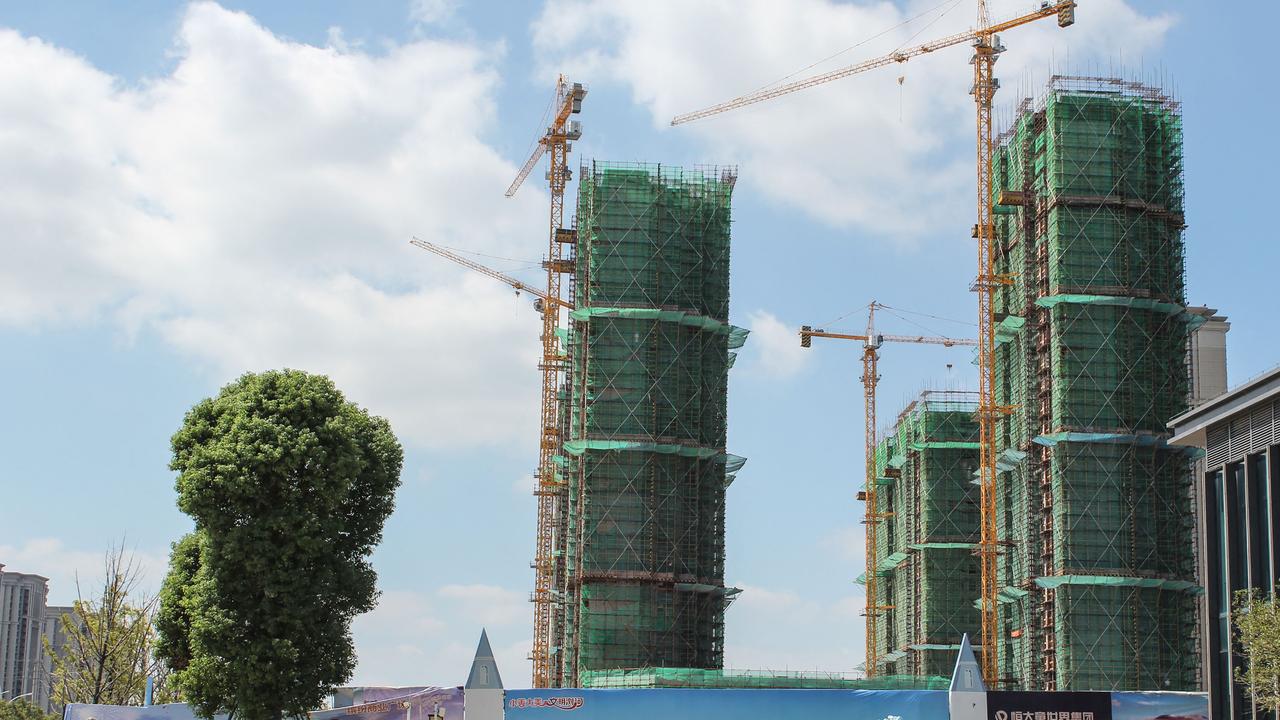
With such a large proportion of Chinese economic activity on the line and the potential for the impact of a slowing China to hit a still vulnerable global economy, the risks are high that the woes of the property sector could snowball into a wider crisis if not managed properly.
While Evergrande’s formal default and entrance into a restructuring period has not been the Lehman Brothers type catalyst (Lehman’s collapse was a contributing factor to triggering the global financial crisis) that some were expecting, the scale of the issues that the Chinese property sector faces cannot be understated.
The property time bomb continues to tick
According to a recent calculation by Bloomberg based on analyst estimates, Chinese property developers will need to find $A271 billion ($US197 billion) to cover maturing bonds, bond payments, trust products and deferred wages to millions of migrant workers in January alone.
And this is just the obligations that we know about.
For example, in the case of mega developer Evergrande, for every $2 in debts and other obligations it held, US investment bank Goldman Sachs estimated that it held roughly $1 in hidden off balance sheet obligations.
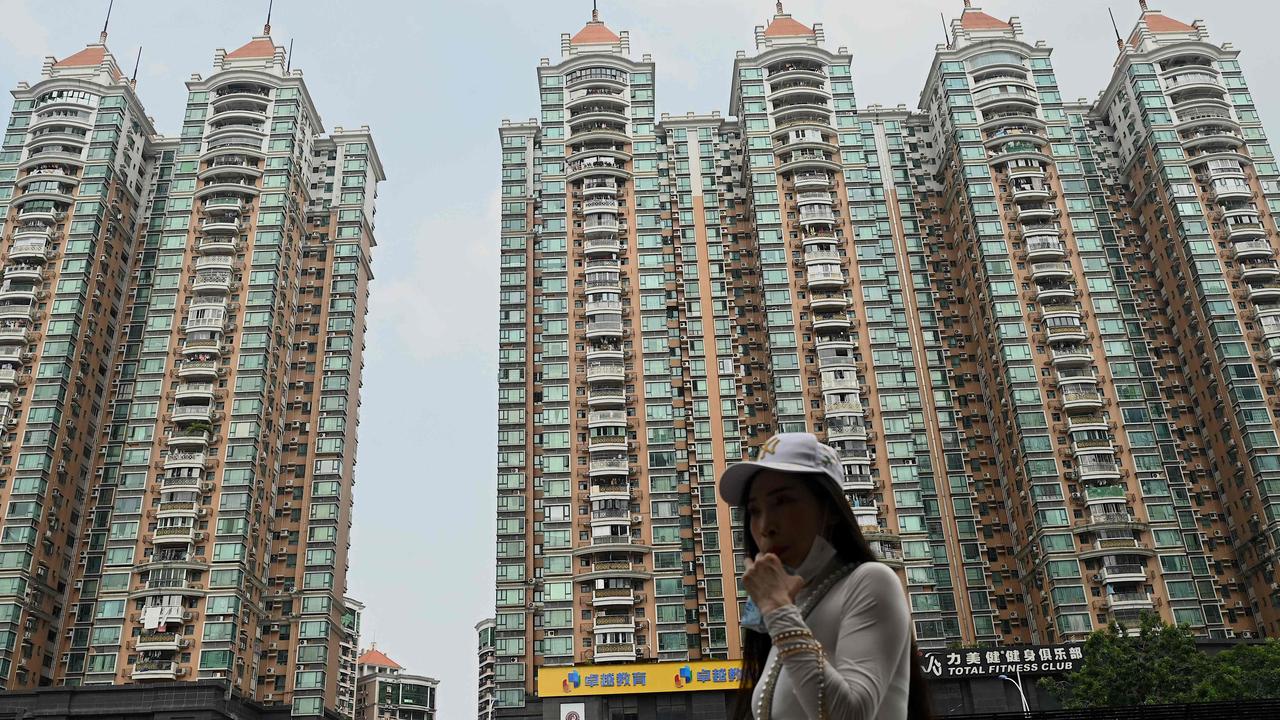
These shadow banking obligations and other off balance sheet debts often attract higher interest rates and potentially more challenging refinancing terms in times of difficulty. When contrasted with loans written within more established lending markets, the likelihood of issues brewing just out of sight is arguably quite high.
For firms that are out favour with credit markets or otherwise struggling, getting the cash together could be quite the challenge.
With borrowing costs currently near record highs, the offshore US dollar based funding market remains effectively shut for developers looking to refinance or roll over their debts. According to analysis by HSBC Holdings PLC, this will continue for at least another six months.
The outlook for the New Year
Despite 2022 being an absolutely vital year for the CCP and President Xi from a political perspective, so far there is little sign they are willing to abandon their push to rein in the excesses of the property sector.
On Monday, it was revealed that Evergrande had been ordered to demolish 39 apartment complexes on the artificial Ocean Flower Island in Hainan province. Chinese media are reporting that the planning permit for the apartments was “obtained illegally” and had been “revoked”.
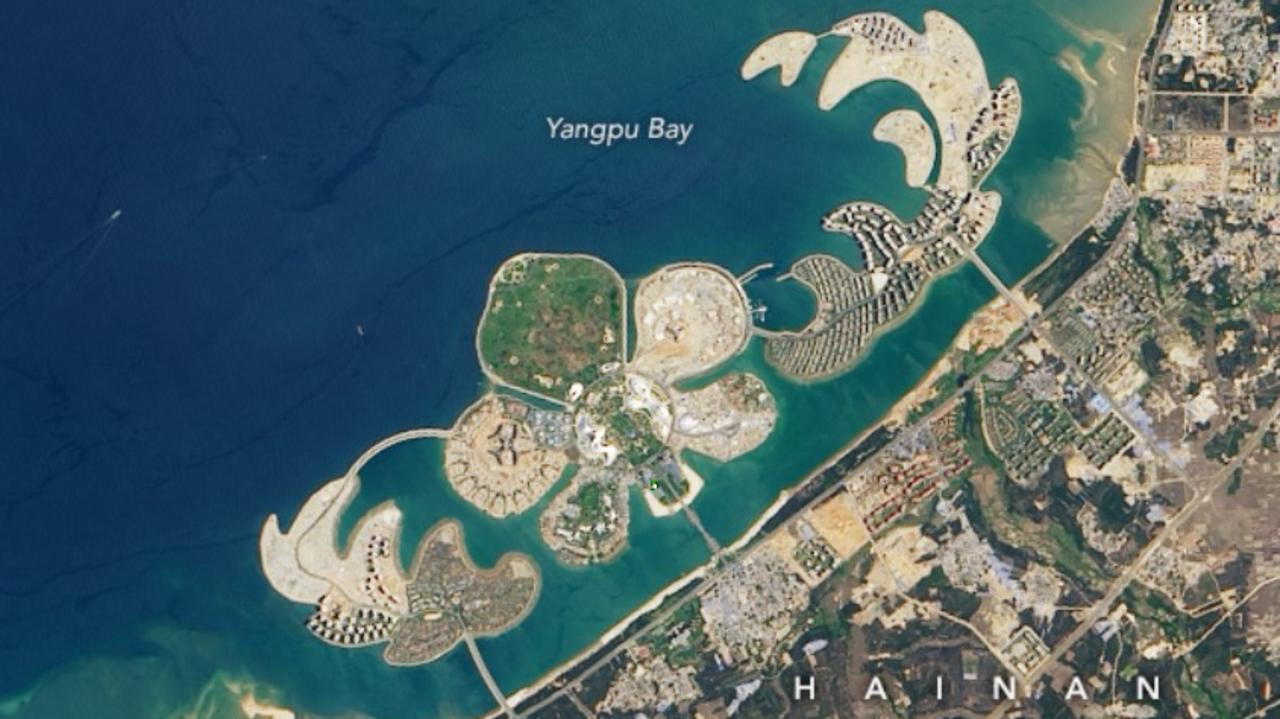
The apartments are estimated to be worth roughly 7.7 billion yuan ($A1.7 billion).
Evergrande has been given just 10 days for the apartment blocks to be demolished.
This latest development is further confirmation that Beijing currently has little interest in pulling back on its crackdown, even as the damage to developer’s balance sheets and viability continues to worsen.
While it’s expected that local government in China will ramp up infrastructure spending in an attempt to offset the woes of the property sector, whether it will be enough is an open question.
From the White House to Wall St, the eyes of the world are keenly watching for signs of how this will all unfold.
But for Australia the stakes are higher than almost anywhere else in the developed world. We have bet the farm on the Chinese property sector and whether the nation’s famous luck will once again come to our aid could play a major role in defining Australia’s economic fortunes in 2022.
Tarric Brooker is a freelance journalist and social commentator | @AvidCommentator




